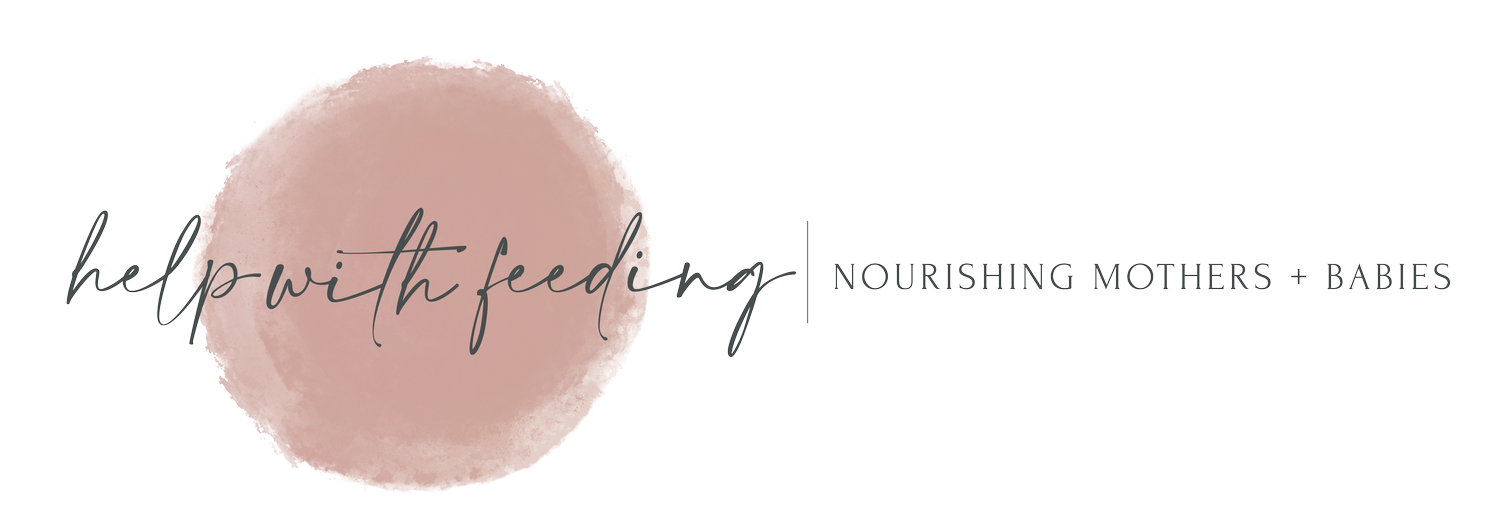Let Your Baby Get Messy!
During many initial consultations with families, we ask the question, "What does she do when you give her the spoon?"... the response is often, "I don't know, I've never tried that!". Even for children 10-11 months old, our meal together is the first time they have been given a chance to feed themselves. We live in a world of hand sanitizer-crazy parents who would likely put their infants in a bubble if they could! Mealtimes for infants should be a strip-down-to-the-diaper, food all over the face affair after which the baby will be put directly in the bath. It is so important for infants to be involved in the feeding process and here are my reasons why you should not constantly wipe your baby's hands/face and bat their hands away or hold them so they don't touch the spoon:
Feeding is a multi-sensory experience involving touch, smell, visual presentation, and taste. Taking away your child's chance to touch their food eliminates an entire portion of their experience. We often see that very picky eaters or "problem feeders" have texture aversions, will not use their fingers to self-feed, and gag/vomit when attempting to manage non-preferred textures. These children also cannot tolerate other tactile activities such as finger painting, playing in sand, and/or become anxious when their hands become dirty at all. Not good!
Children of all ages are more likely to accept a new food when they explore it on their own. This makes sense if you think about it. What if someone came at you with an unknown food on a fork and shoved it in your mouth? Would you be defensive the minute you saw it coming? If it tasted awful, how would you respond when the second bite was presented? Starting at the age of 8 months, infants are ready to be more independent and feed themselves. Even when you feel that ounce of sadness, realizing that your baby is not a newborn anymore, embrace this new stage of development. Place some baby food on the tray, give him/her a spoon as well, and encourage your baby to have fun! If you present bites of food while your baby explores it on his/her own, you will likely have more success overall.
Babies are smart and their behavior is their way of telling us when something is wrong. We should listen! If your child consistently vomits every time (s)he eats a specific food (and not all others), it's possible that there is an underlying allergy or sensitivity. It may also be that the food exacerbates their reflux. Bottom line - you need to seek some professional support to fully understand why this is happening. This is not something your child is likely to outgrow on his/her own.
No matter when you introduce solid foods, supporting a "hands on" experience will be a huge benefit to your baby and pave the way to success and a healthy, flexible eater in the future.


